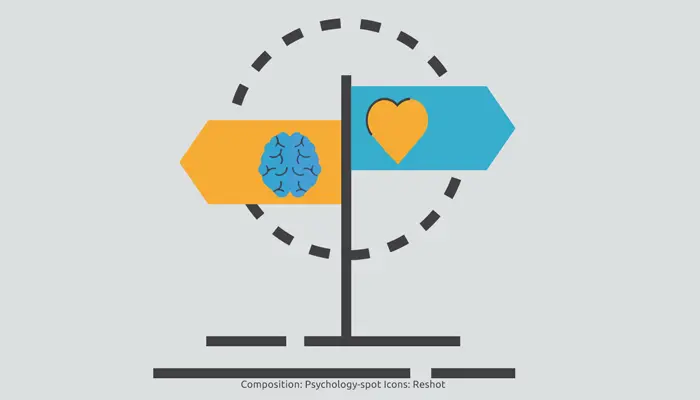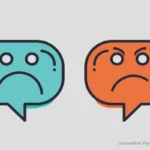
Every day we make hundreds of decisions, most of them are inconsequential, but others are more important and can even completely change the course of our lives. The entire day, from the time we get up to the time we go to bed, involves constant decision making. In fact, psychologists at Cornell University estimated that we make an average of 35,000 decisions each day.
If we do not know how to properly manage those decisions, we can end up suffering what is known as decision fatigue. Since our “cognitive capacity” is limited, the more decisions we make, the more we will drain our resources. In fact, although it may not seem like it, behind each decision hides a complex mental process. We must weigh the options at our disposal, assess their pros and cons, analyze the possible consequences, estimate the resources we will need, and only then can we make the decision.
Therefore, making multiple decisions can end up overloading our cognitive and emotional resources. Once we reach the “breaking point,” the decisions we make from then on will not be optimal. We can become more impulsive or, if not, fall into the arms of laziness and begin to postpone decisions.
To avoid decision fatigue, we need to learn to simplify decisions. Thus we can save cognitive energy to allocate it to the most relevant decisions that can really make a difference in our lives.
How to simplify the decisions you make every day?
1. One minute for “insignificant decisions”
To simplify decisions, the first step is to identify those that are less important or do not have a correct or incorrect answer, since one option is usually as valid as the other. Some examples of those decisions are: What color am I wearing today? Do I watch a comedy or a drama? I will eat rice or pasta?
You can even keep a small journal to help you differentiate between meaningful decisions and irrelevant ones. You may find that you spend a disproportionate amount of time making insignificant decisions where an answer is as good as any other. In those cases, the key is simply to choose within a minute. You can flip a coin or let your unconscious decide. You will see how you begin to free up cognitive resources.
2. Do not leave for tomorrow what you can decide today
Continually procrastinating on decisions is not a good idea. That pending decision remains active in your mind, as if it were a blinking alarm that prevents you from resting and whose reminder can assail you at any time generating anxiety. In fact, pending decisions tend to be more exhausting and weigh more than simply choosing an option and putting it into practice.
Seneca affirmed that “fortune has the habit of behaving as it pleases”, so that postponing decisions, thinking that they will increase the chances of success, is usually a fallacy. In fact, it only serves to pile up obstacles along the way.
With some exceptions, postponing decisions will not help us gather more decisive information, so it is usually more convenient to decide as soon as possible to turn the page and prevent problems from accumulating, generating a level of unnecessary stress and overwhelm that will prevent you from thinking with clarity.
3. Apply what has already worked
Automations have a bad reputation. However, they exist for a reason: to help you be more effective and to free up cognitive resources. So the more unimportant decisions you automate, the lighter you’ll feel. When it comes to decisions that you must make from time to time, if the conditions of the game have not changed much, you can apply the routines that have worked in the past.
You don’t need to continually question proven options unless you want to make a deliberate change. Experience serves exactly for that: to help you decide without weighing you down too much. The crystallized intelligence that you develop over the years, allows you to decide better and faster based on what has already worked.
Resorting to the known is not a negative thing, it allows you to save valuable psychological energy that you can use to make more important decisions that can really make a difference. So don’t feel guilty about “automating” everyday decisions. In the long run it will be beneficial.
At first glance, these three rules to simplify decisions may seem inconsequential, but if we consider that every day we face an average of 226 decisions related to food, we can understand that all cognitive economics is little. We must think of mental effort as a cost /benefit ratio. If we get bogged down in irrelevant decisions, we will subtract resources from those of most important decisions. Following these rules will take a load off our shoulders so that everything flows better.
Source:
Wansink, B. & Sobal, J. (2007) Mindless Eating: The 200 Daily Food Decisions We Overlook. Environment and Behavior; 39(1): 106-123.



